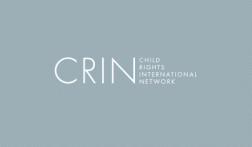The unfolding refugee crisis in the Middle East and Europe, as well as so many others that go unreported, has laid bare how societies relate to people in desperate circumstances when they are from a country that is not their own. In particular, a number of issues have emerged from the responses of politicians of destination countries, the media and even NGOs.
Politicians around the world are looking for ways to cope with the displacement of hundreds of thousands of people, either by agreeing on a number they will take on, by closing borders, train stations and building fences, or by criminalising those fleeing, or just focusing on people smugglers cashing in, rather than helping those whose rights are violated on a massive scale. Many are also completely silent. The public, meanwhile is either misinformed by biased tabloid journalism, or by charities suggesting handouts are the solution.
But it is especially in these circumstances that we must press for rights-based solutions. International humanitarian and human rights law exists specifically to provide a framework for governments and international organisations tackling such crises.
Sadly, however, policies, news coverage and aid responses so often are made on the back of sensationalist stories which do not contribute in any way to finding long-term solutions.
Problems
- Stop aid porn: We need to stop using images of dead children to elicit pity or political knee-jerk reactions
- Change the narrative: Negative language about refugees and migrants dehumanises and stigmatises them
- It’s about Rights, not charity! Petitions, handouts and fun runs don’t contribute to long-lasting solutions


